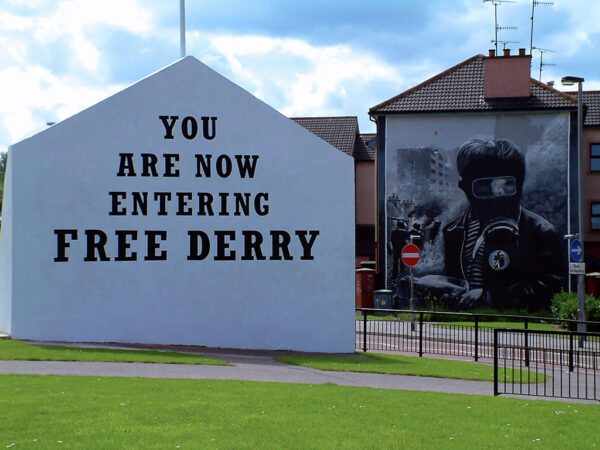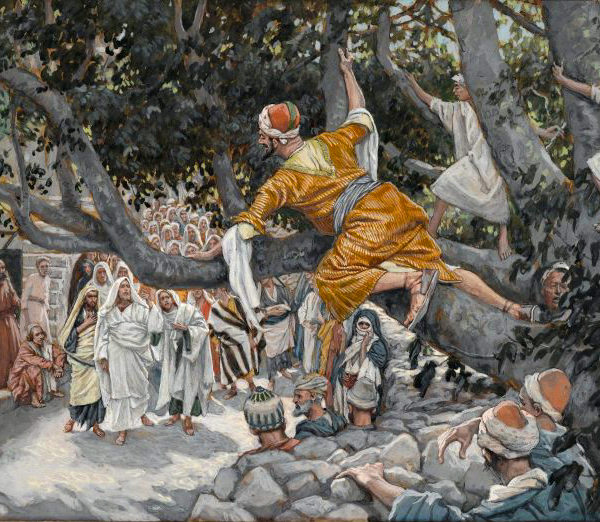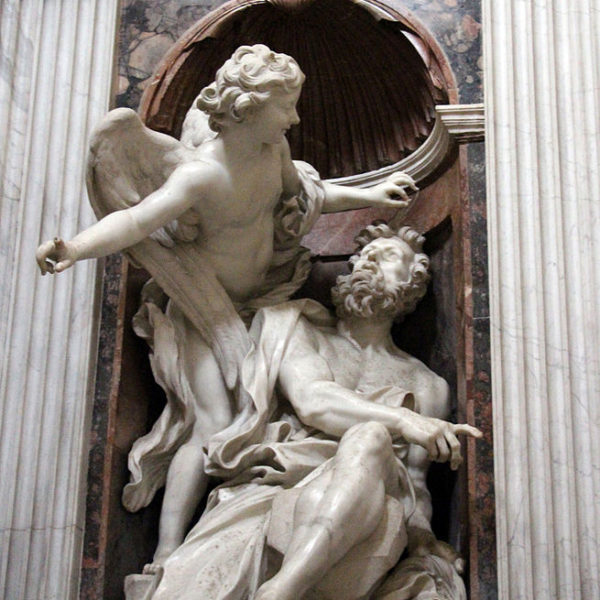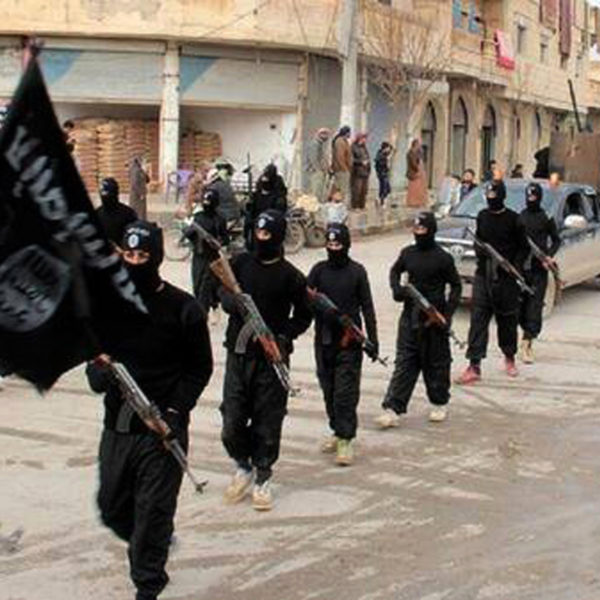
How do we maintain hope in the face of a seemingly unending time of strife, violence, and conflict? Seek out beauty, depend upon hope…and dance, even in the face of unending war. Hope does not ignore the struggle, nor does it free us from the scars resulting from our struggles. The people of Israel will always carry the scars of their trauma with them; yet, scars also signify survival.

In the declamation of Isaiah 1, the prophet associates Judah and its rulers with Sodom, for their inhospitality, injustice, and the presumption that they can hide this from God. Zacchaeus, a man characterized by such Sodom-like injustice, is delivered from this as justice is welcomed into his house in the person of Jesus.

